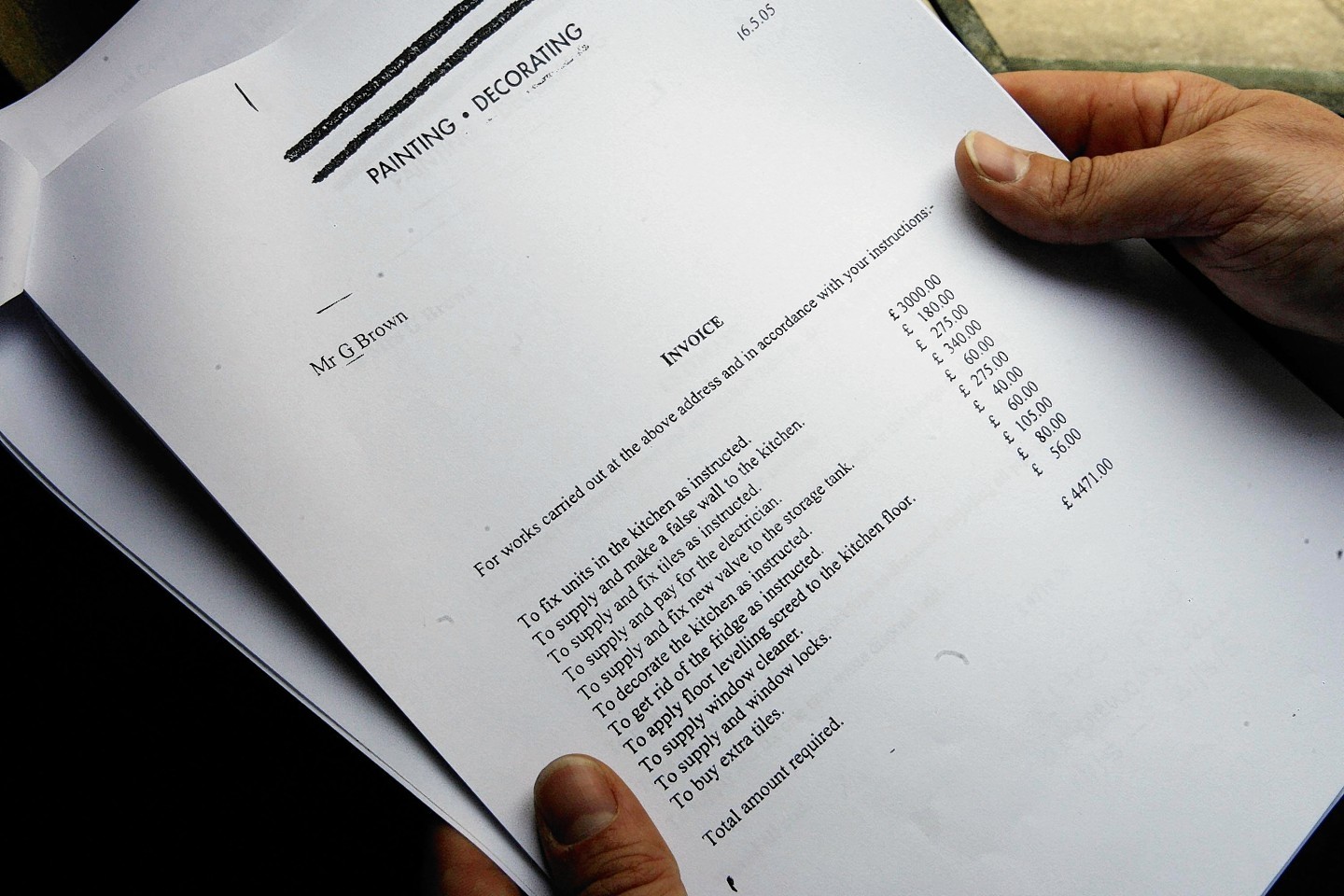Small and medium-sized enterprises (SMEs) are being squeezed by other companies failing to pay their invoices on time, according to the Institute of Directors (IoD).
Two-thirds (66%) of SME members of the IoD have had issues with getting timely payment of an invoice, with damaging knock-on effects on their plans for growth and managing their finances.
Late payment by one business pushes the problem down the supply chain, potentially affecting many more firms.
In a survey carried out between November 24 and December 8, 925 members of the IoD with fewer than 250 employees were asked about their experience of late payment.
Of the 615 which had experienced problems, nearly half (47%) said the main reason for late payment was excessive red tape or overly complex terms and conditions.
One in eight (12%) said payment had been delayed because the company being invoiced had changed the terms.
Only 5% said the reason for late payment was a dispute over the invoice.
Half of SMEs who had issues with late payment said it had forced them to change business decisions.
More than one in 10 (13%) were unable to grow their business as planned because of problems getting invoices paid, while 10% said they had been forced to rearrange their financing arrangements.
In excess of a quarter (28%) said they had been compelled to delay payment to their own suppliers, showing that one failure can affect the whole supply chain.
The IoD sits on the advisory board of the Prompt Payment Code, a UK Government initiative to tackle the problem of late payment.
Signatories to the code, including companies like Admiral insurance, Vodafone and Tesco, commit to paying suppliers on time, and deal with disputes fairly.
The code now has more than 1,700 companies signed up, but the IoD survey shows the problem is still widespread.
James Sproule, Chief Economist at the IoD and member of the Prompt Payment Code advisory board, said: “Business is all about negotiation and both sides of a deal want to get the most favourable terms, but when big companies deliberately delay payment it has serious consequences.
“Small and medium-sized businesses employ over 14million people in the UK, making up half of the economy, so it’s very worrying that late payment is a problem for so many.
“We urge those businesses who are pushing their suppliers too far to realise that the stability of an entire supply chain can be undermined by one firm failing to pay on time.
“The IoD will continue to work with government to push companies to sign up to the Prompt Payment Code, because it is simply not acceptable for late payment to be standard practice for many firms.
“If large businesses do not rethink their approach, the pressure for further political intervention, enforcing maximum payment terms or fines for late payment, will only increase.”
